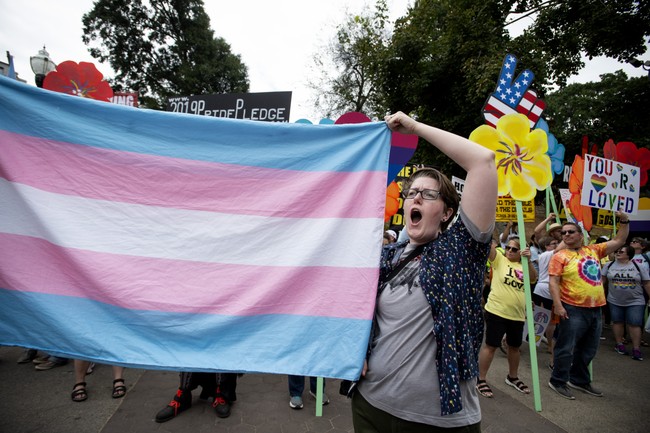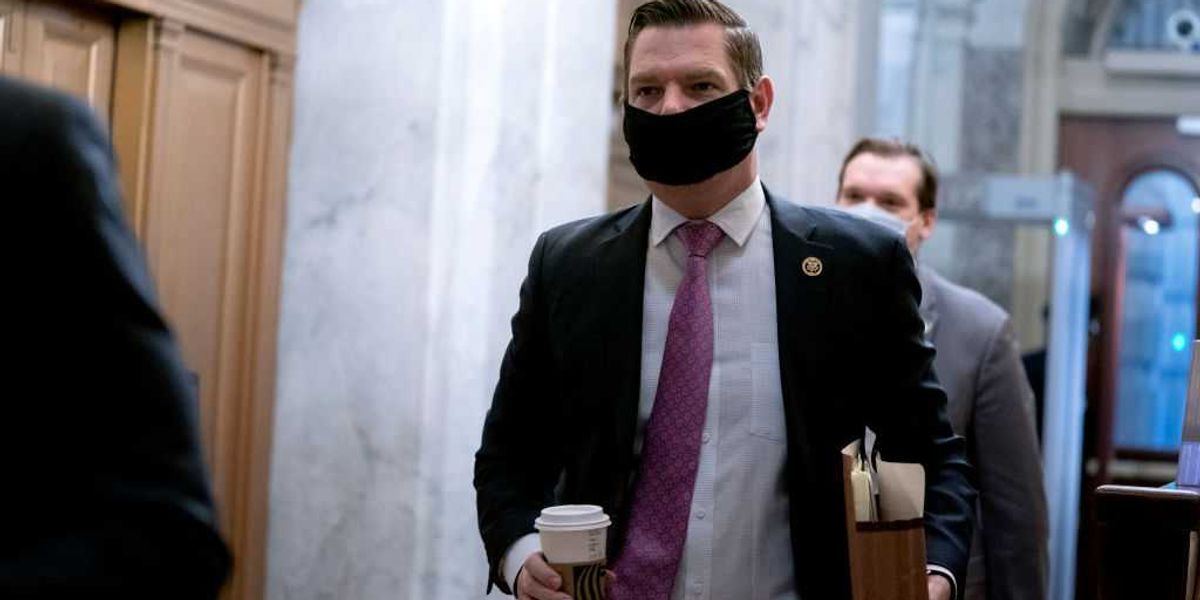President Donald Trump signed an executive order Thursday directing federal agencies to prioritize the relocation of homeless individuals—particularly those suffering from drug addiction and mental illness—into treatment centers and long-term institutional care.
The order marks a major shift in federal homelessness policy, emphasizing civil commitment and public safety alongside housing solutions.
https://t.co/4WwCo3wy62
— Eric Daugherty (@EricLDaugh) July 25, 2025
Trump’s Sovereign Wealth Fund: What Could It Mean For Your Money?
According to the executive order, federal funding will be made available to assist state and local governments in “shifting homeless individuals into long-term institutional settings for humane treatment through the appropriate use of civil commitment.”
The measure focuses on addressing what it describes as “endemic vagrancy” and the failure of prior government programs to reduce chronic street homelessness.
The order cites federal data indicating that under the previous administration, approximately 274,000 Americans were sleeping on the streets each night.
This Could Be the Most Important Video Gun Owners Watch All Year
“The overwhelming majority of these individuals are addicted to drugs, have a mental health disorder, or both,” the order states.
“The Federal Government and the States have spent tens of billions of dollars on failed programs that address homelessness but not its root causes, leaving other citizens vulnerable to public safety threats.”
President Trump has repeatedly raised concerns about the growing number of homeless encampments in major cities, particularly in jurisdictions with lenient enforcement policies.
The new executive order follows years of public remarks by the president urging the reopening of mental health institutions—frequently referred to as “insane asylums”—to manage the rising population of individuals with severe mental health conditions who are not being treated effectively in community settings.
While the order does not provide a specific funding figure, it outlines a framework for financial incentives to states and municipalities that comply with the new approach.
Among the qualifying actions are enforcement measures against vagrancy, open-air drug markets, illegal squatting, and unregulated encampments.
Cities and states that track and manage sex offender populations more effectively will also be eligible for additional federal grants.
The order also references the use of “assisted outpatient treatment” in addition to full institutional care as part of a broader strategy to address homelessness through medical and behavioral health interventions.
The policy will involve coordination between state agencies, local governments, and private service providers.
White House Press Secretary Karoline Leavitt issued a statement following the order’s signing.
“President Trump is delivering on his commitment to Make America Safe Again and end homelessness across America,” Leavitt said.
“By removing vagrant criminals from our streets and redirecting resources toward substance abuse programs, the Trump Administration will ensure that Americans feel safe in their own communities and that individuals suffering from addiction or mental health struggles are able to get the help they need.”
The policy is in line with a 2024 U.S. Supreme Court ruling that gave local governments more authority to regulate public camping.
In a 6-3 decision, the Court held that municipalities may impose fines or penalties on individuals who sleep on public property without permission, affirming the rights of localities to enforce laws aimed at maintaining public order.
The new federal order is expected to prompt a series of state-level proposals to expand or re-establish long-term treatment centers, though implementation details will depend on individual jurisdictions’ willingness to participate in the new grant structure.
Read the full article here


![Trump Targets “Endemic Vagrancy” With Executive Order and Enforcement Push [WATCH] Trump Targets “Endemic Vagrancy” With Executive Order and Enforcement Push [WATCH]](https://www.lifezette.com/wp-content/uploads/2025/07/2025.07.25-01.25-lifezette-688385b2b6108.jpg)




![Hillary Clinton Blasts Pentagon Shift as Mike Pompeo Surprisingly Agrees on Global Risks [WATCH] Hillary Clinton Blasts Pentagon Shift as Mike Pompeo Surprisingly Agrees on Global Risks [WATCH]](https://www.rvmnews.com/wp-content/uploads/2024/10/2024.10.25-12.11-rvmnews-671b8af17f1cf.jpg)




![China Bends as Trump and Kash Patel Force Action on Fentanyl Crisis [WATCH] China Bends as Trump and Kash Patel Force Action on Fentanyl Crisis [WATCH]](https://www.lifezette.com/wp-content/uploads/2025/07/2025.07.30-09.35-lifezette-6889e74ccd217.jpg)